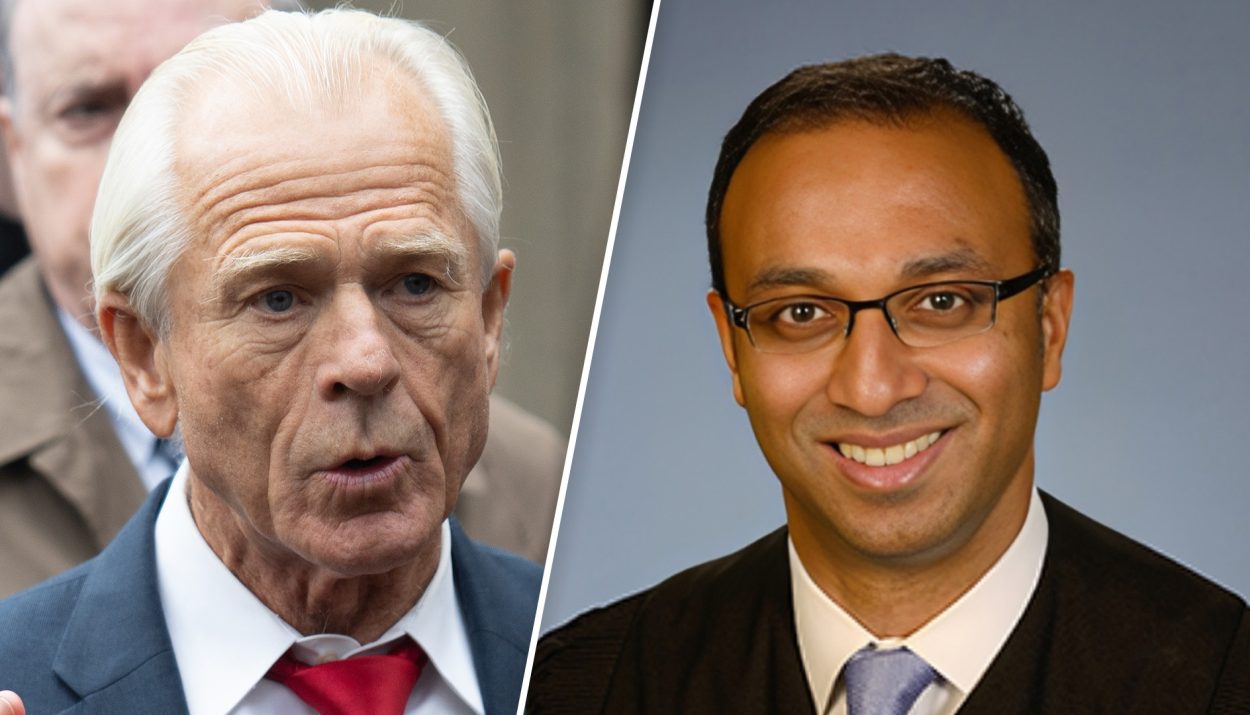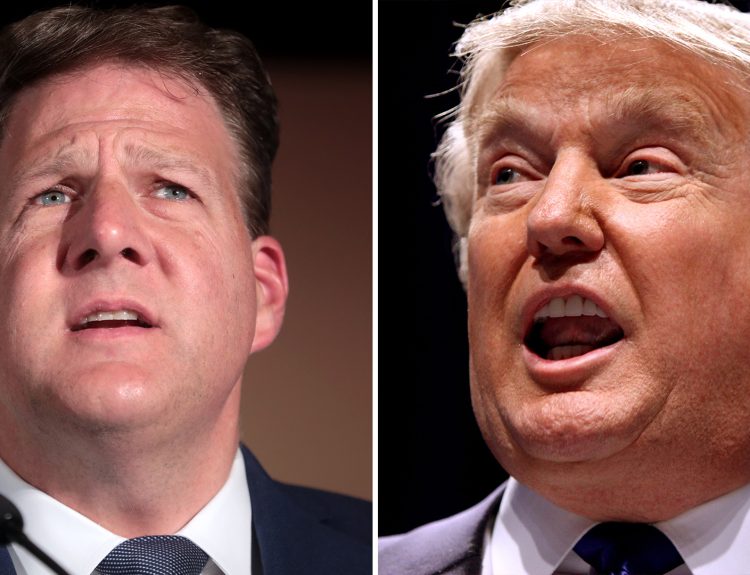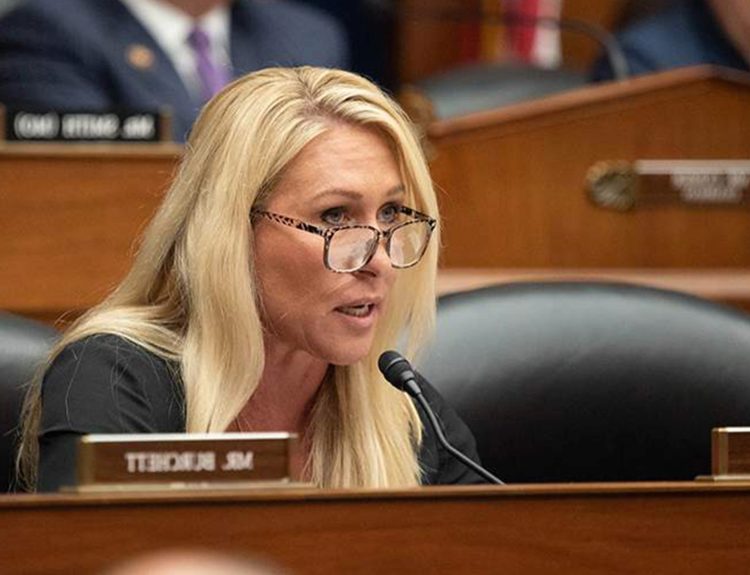Former Trump aide Peter Navarro is in really hot water. He’s been convicted of contempt of Congress for refusing to cooperate with an investigation into the 2021 Capitol riots. Now, his bid to remain free pending his appeal has failed, and he’s going to be behind bars for at least four months. Let’s see what caused this situation.
Sentenced to Four Months Behind Bars
Last month, Navarro was sentenced by a judge to serve four months imprisonment for failing to hand over documents that may be crucial to investigating the case of the 2021 Capitol riots.

He was found guilty of defying a subpoena to hand over the documents. He appealed the conviction and claimed that he had a right to remain free while he fought the conviction and sentence in a higher court.
Judge Mehta Sees It Differently
Judge Amit Mehta said Navarro had no right to remain free while challenging the conviction and the sentence. The judge noted that Navarro must appear to serve his sentence on the date it is slated to start.
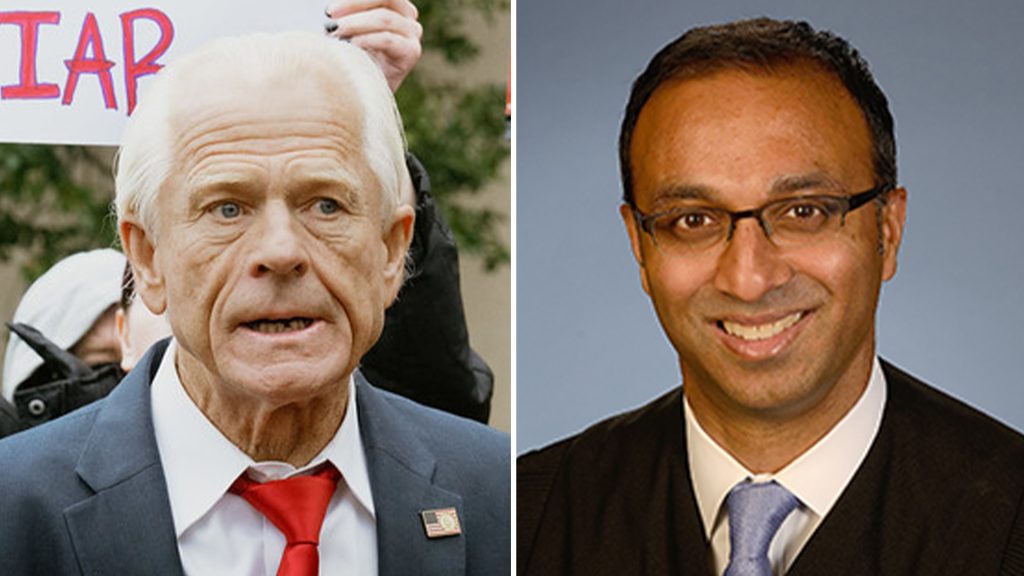
Unless Washington’s federal appeals court intervenes to block or defer the sentence, Navarro seems to be going to jail, if only for a short stint. The judge’s decision follows the acceptance that none of the issues Navarro will raise on appeal are substantial questions of law.
Political Bias Involved
One of the things Navarro has raised about his prosecution and conviction is that they were politically motivated. Navarro was a trusted aide of the Trump administration, and he feels like the case was brought against him because of his former position.

Judge Mehta noted that Navarro may claim that his prosecution is politically motivated, but he has brought no evidence to prove this. However, his refusal to turn over documents for a case is clear evidence of obstructing the course of justice.
No Cooperation Because Of Executive Privilege
Navarro’s original argument for not turning over the documents is that former president Donald Trump invoked his executive privilege. Due to this, Navarro wasn’t required to hand over documents to the committee investigating the riot.
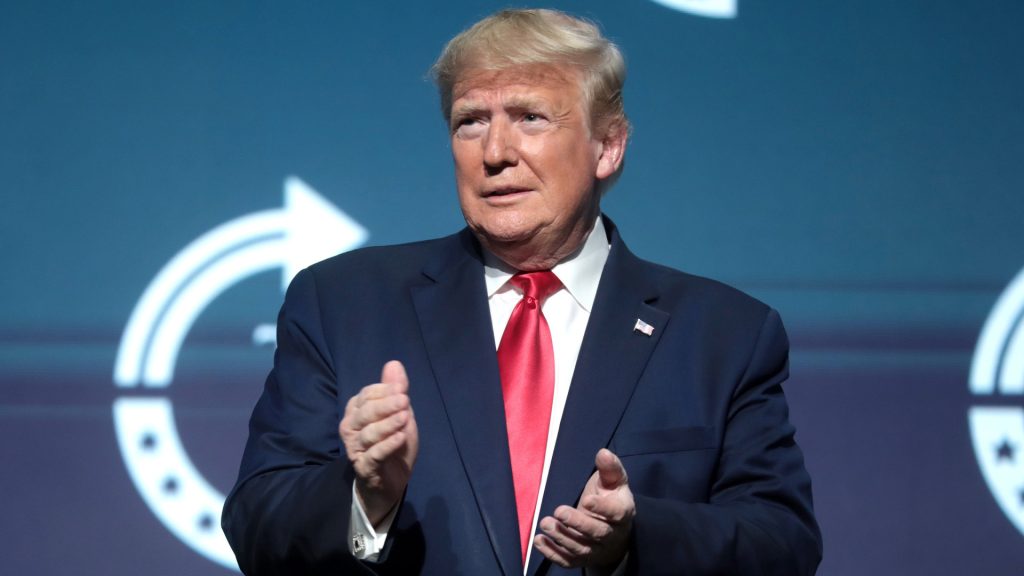
However, Judge Mehta banned Navarro from using this excuse at trial. On further investigation, it was found that former president Trump had not invoked executive privilege, meaning that the invocation did not protect Navarro’s interference.
The Committee Didn’t Accept The Invocation
Before he was sentenced, Navarro argued that the house committee doing the investigation led him to believe that they had accepted his explanation of the invocation of executive privilege.
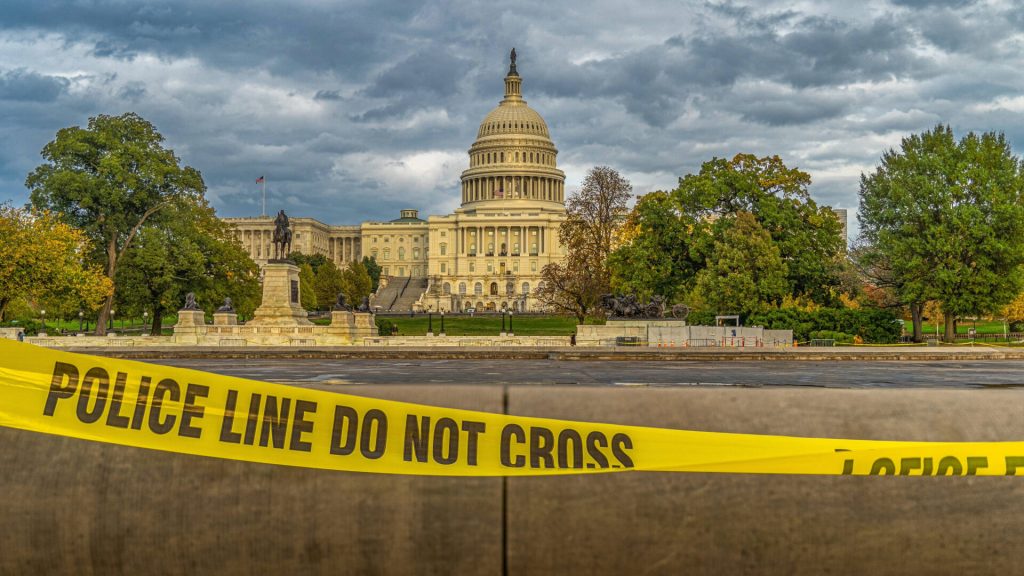
The committee had done no such thing, but Navarro claims that because of this miscommunication, he was unaware that he had to turn the documents over. The Judge didn’t comment on how Navarro misconstrued the committee’s instructions.
A Unique Insurrection
The insurrection that is being investigated saw crowds of people converge on the Capitol when the winner of the last election was announced. Many of these people wanted to circumvent the democratic process and reinstate Donald Trump as president.
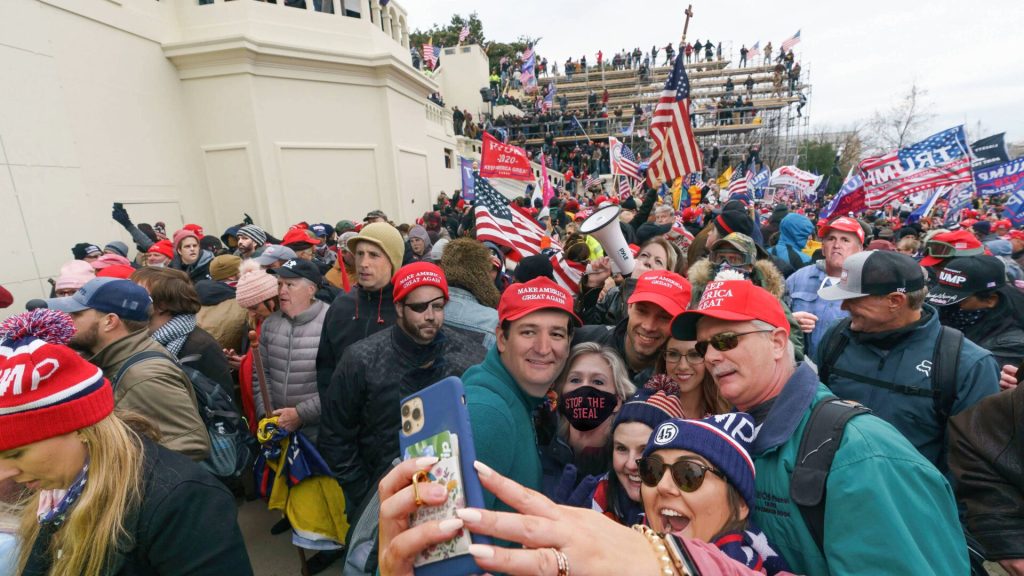
The investigation has delved into thousands of documents and interviewed more than a thousand witnesses to understand what happened that day. The final report is damning in its conclusions.
Multi-Part Conspiracy Concocted By an Ex-President
The report on the Capitol insurrection was unequivocal on what it found. It found that former president Trump had criminally engaged in a multi-part conspiracy with the aim of overturning the election results.
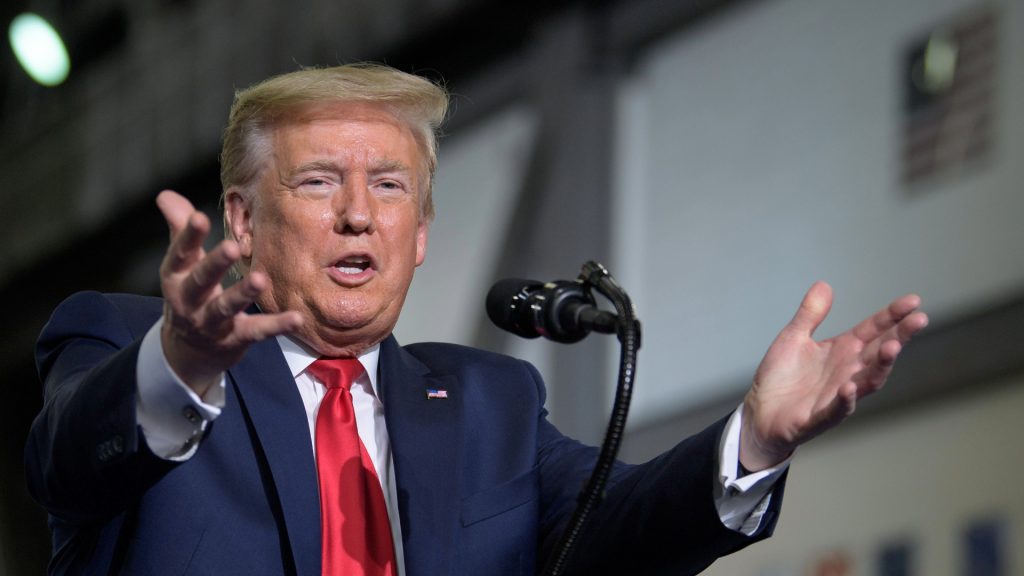
The report further found that the former president failed to act to stop his followers from rioting. In a unique situation, the former president (who is aiming to run for office again) has been charged by the Federal Government for his part in the insurrection.
Navarro’s Documents May Have Contained More Evidence
Documents held by Navarro and kept from the committee investigating the insurrection may have led to this conclusion sooner. Navarro was well-known as a Trump aide, and it’s possible he concealed those documents to ensure the safety of the former president.
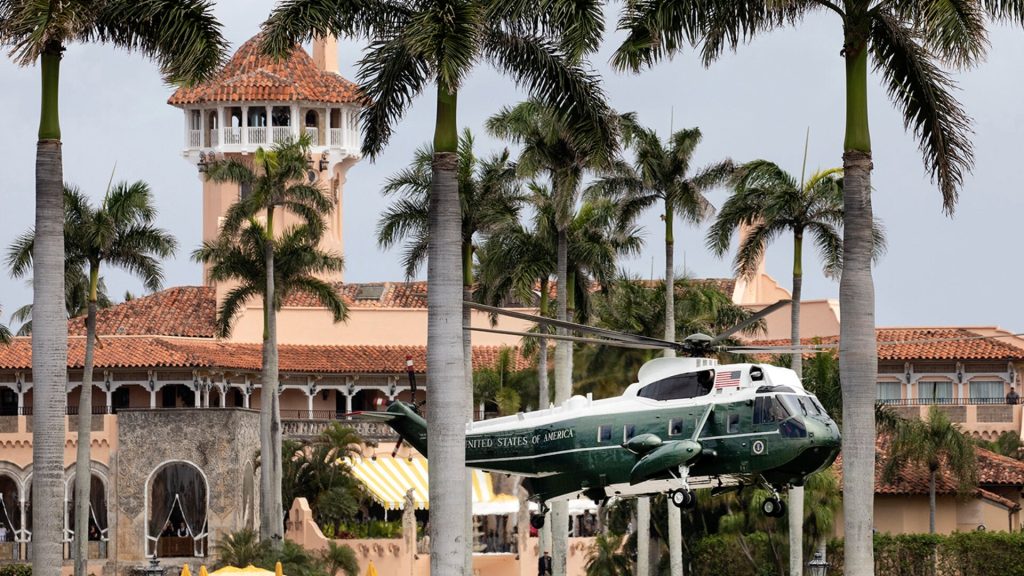
Unfortunately, this attempt failed as Trump was still charged. However, his actions show the lengths to which the former president’s aides will go to protect him from prosecution. It’s possible that Navarro thought he would not be charged for his obstruction.
Not The First Aide to be Charged
Navarro is actually the second aide to be charged with obstruction of justice in this case. Another former aide, Steve Bannon, was charged with contempt of Congress for denying a subpoena for documents, much like Navarro.
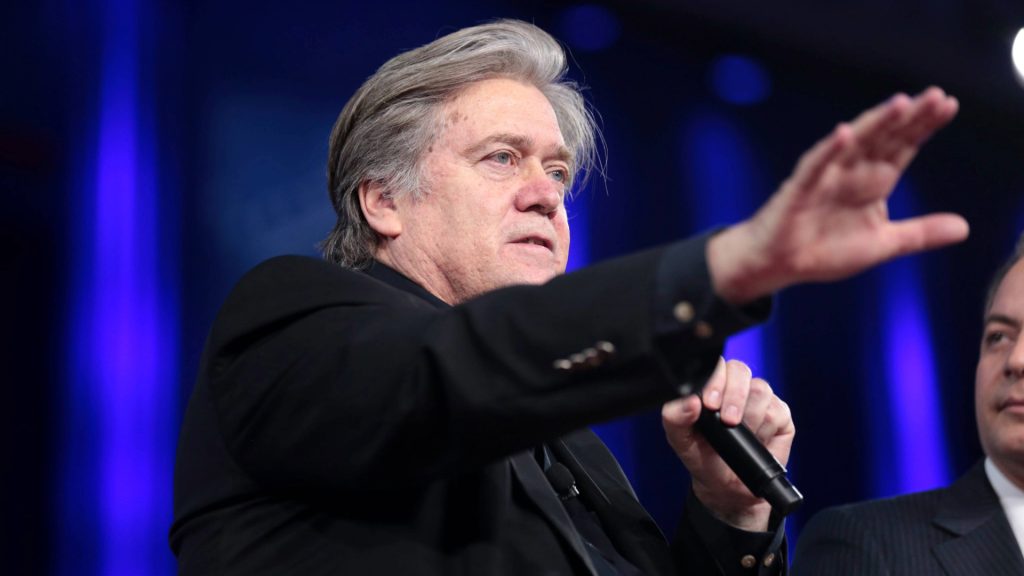
However, while Bannon is scheduled to serve a four-month prison sentence, he is also appealing his conviction. In his case, he isn’t being detained and remains free while his appeal is deliberated.
Defiance Is Common In Trump Aides
This defiance from the former president’s aides is not a new feature. During their time in Congress, they also defied subpoenas to release information that may affect the Trump impeachment motion.
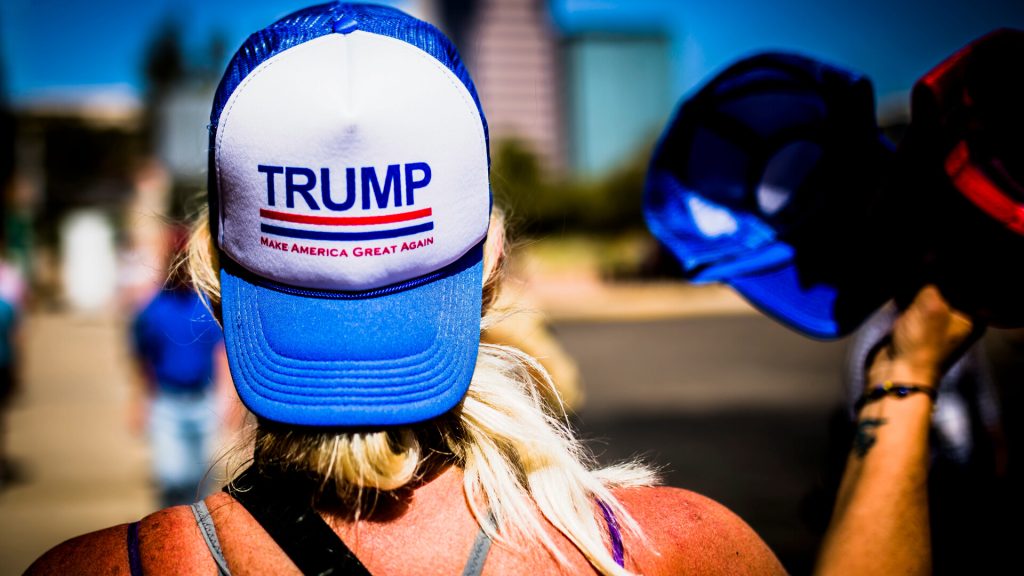
However, this isn’t just on one side of the political aisle. The Obama Administration declined to charge two of its officials who also declined congressional demands. This supports Navarro’s statement that the charges and conviction may be politically motivated.
Criminal Indictments For Contempt Are Rare
Both Republican and Democrat representatives have been found in contempt of Congress on several occasions, but it rarely ever results in a criminal indictment charge. The charges pertaining to Bannon and Navarro are not the first time it has happened.
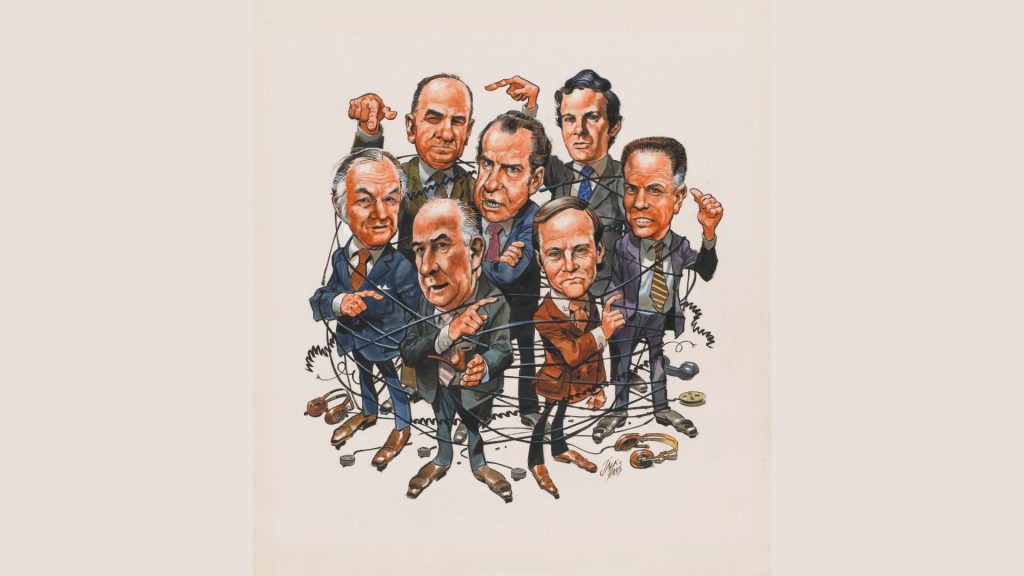
Another notable time an aide was indicted for contempt of Congress was in the 1970s when G. Gordon Liddy was charged with contempt for refusing to answer questions about the Watergate scandal.
Is It Politically Motivated?
While this entire case seems to follow the rule of law, Navarro is still convinced that the case is politically motivated. His conviction will stand, however, unless a higher court overturns it.
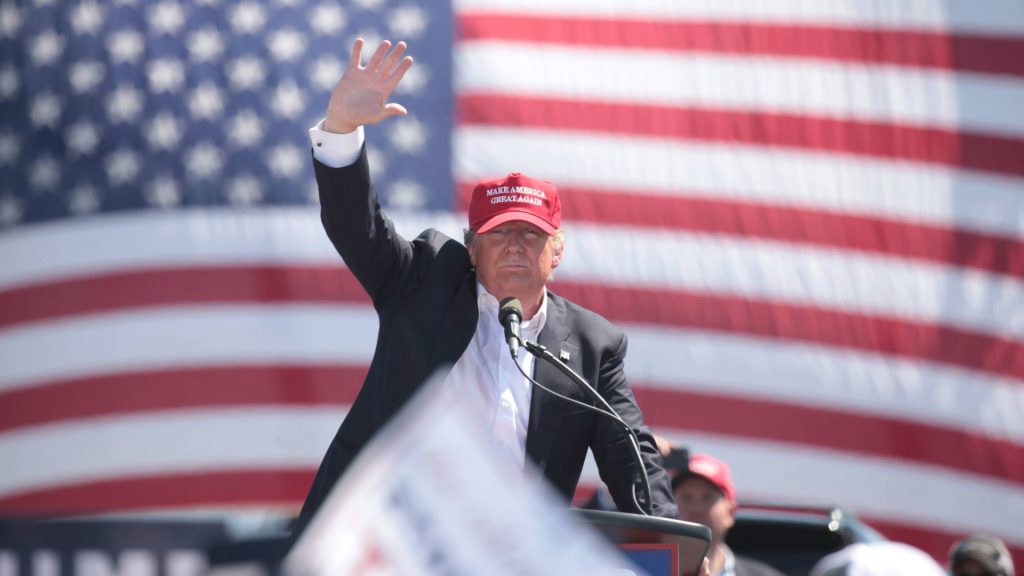
Aside from Bannon and Navarro, several other aides were subpoenaed and turned over documents to Congress to avoid charges. If anything, it shows that not even trusted aides of former presidents are safe from being convicted and indicted.

